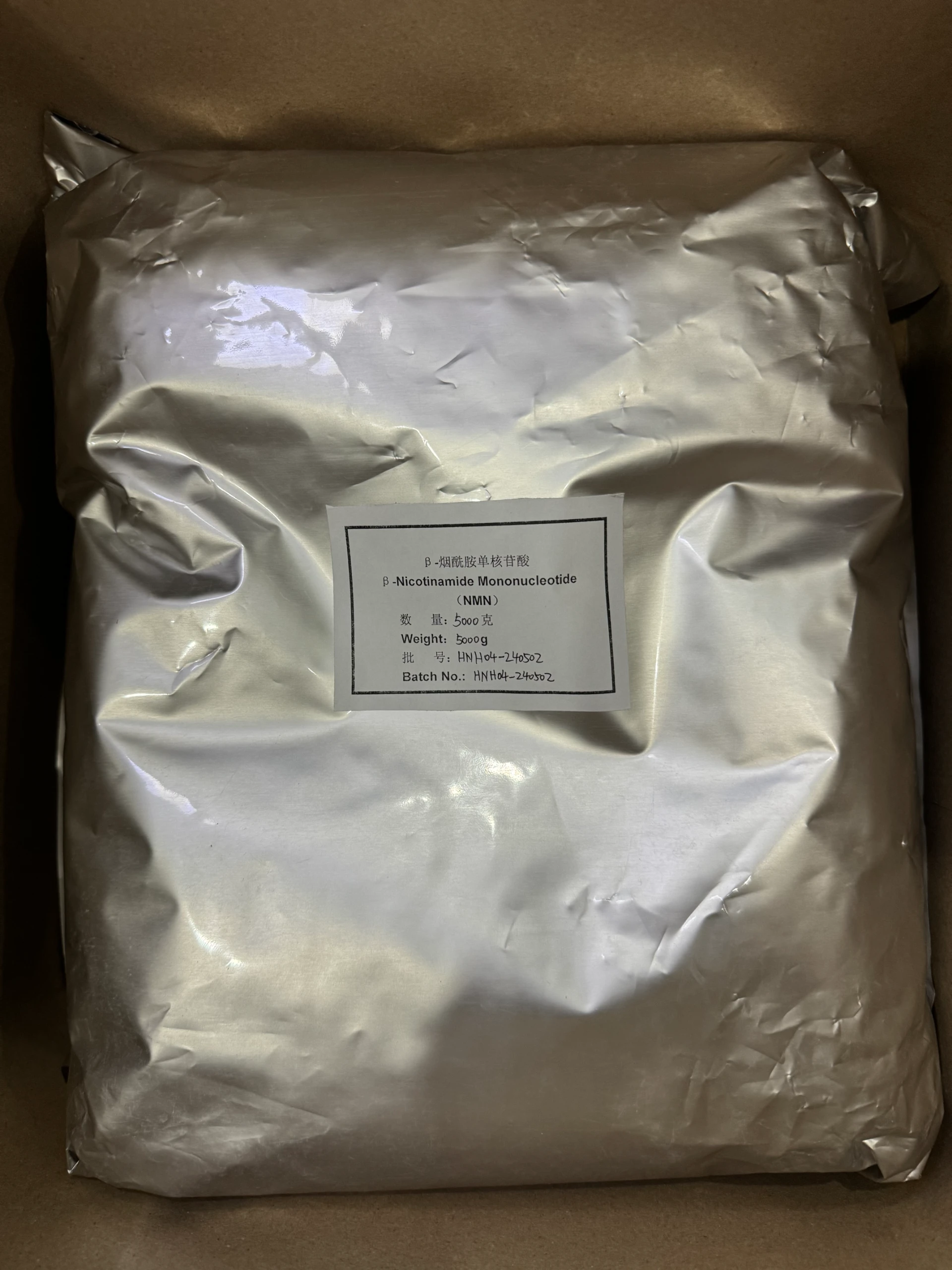Borehole Water Treatment Chemicals Ensuring Safe and Clean Water
Borehole water has become a crucial resource for millions of people worldwide, particularly in areas where surface water is scarce or contaminated. However, the quality of borehole water can often be compromised by various pollutants, necessitating effective treatment to ensure that it is safe for human consumption. The use of specific chemicals in the water treatment process plays a vital role in purifying borehole water. This article explores the key chemicals used in borehole water treatment and the importance of ensuring water safety.
Understanding Borehole Water Contamination
Boreholes are drilled into the ground to access groundwater, which can sometimes be polluted due to natural processes or human activities. Common contaminants include bacteria, viruses, heavy metals, salts, and organic compounds. These hazards can lead to serious health issues, making it imperative to treat borehole water effectively before use.
Key Chemicals Used in Borehole Water Treatment
1. Chlorine One of the most common disinfectants, chlorine is widely used to eliminate pathogens such as bacteria and viruses. It is effective in low concentrations and acts quickly; however, it can form harmful by-products if not controlled properly. Chlorination is often followed by dechlorination methods to remove any residual chlorine before the water is consumed.
2. Alum (Aluminum Sulfate) Alum is frequently used as a coagulant to remove turbidity from water. When added, it causes small particles to clump together and settle at the bottom, facilitating their removal. This is particularly useful in borehole water that may appear clear yet still contains microscopic contaminants that could pose health risks.
3. Activated Carbon This chemical is vital in removing organic compounds and improving the taste and odor of water. Activated carbon absorbs contaminants during the treatment process, including pesticides, chlorine by-products, and harmful substances such as volatile organic compounds (VOCs).
borehole water treatment chemicals

4. Hydrated Lime (Calcium Hydroxide) Often used to adjust pH levels, hydrated lime can neutralize acidic water, which is common in some borehole sources. Maintaining a balanced pH is crucial as it affects both the ability of disinfectants to work effectively and the overall safety of the water.
5. Sodium Hypochlorite This chemical is a popular alternative to chlorine gas for disinfecting water. It is safer to handle and provides an effective means to kill bacteria and viruses. Sodium hypochlorite must be carefully managed to avoid over-chlorination, which can lead to harmful side effects.
6. Fluoride In areas where natural fluoride levels are low, adding fluoride can help in the prevention of dental cavities. However, it is essential to monitor fluoride levels to avoid excessive consumption, which can lead to dental or skeletal fluorosis.
Importance of Proper Treatment
The treatment of borehole water using these chemicals is crucial not only for ensuring the safety of drinking water but also for protecting public health. Contaminated water can lead to outbreaks of waterborne diseases such as cholera, typhoid fever, and dysentery. Regular monitoring and testing of borehole water should be conducted to identify contaminants and the effectiveness of the treatment processes being utilized.
Additionally, it is important to note that the treatment process must be tailored to the specific contaminants present in a particular borehole. Routine assessments of water quality can guide the selection of appropriate chemicals and treatment methods to ensure optimal results.
Conclusion
Borehole water is an invaluable resource, especially in underserved regions, but it requires rigorous treatment to safeguard public health. By employing a combination of chemicals like chlorine, alum, activated carbon, and others, we can effectively treat borehole water and enhance its safety for consumption. Proper management and monitoring of these treatment processes are essential for maintaining water quality and ensuring that communities have access to safe drinking water. In the quest for clean water, understanding and utilizing borehole water treatment chemicals is a critical step towards achieving better health outcomes for all.

